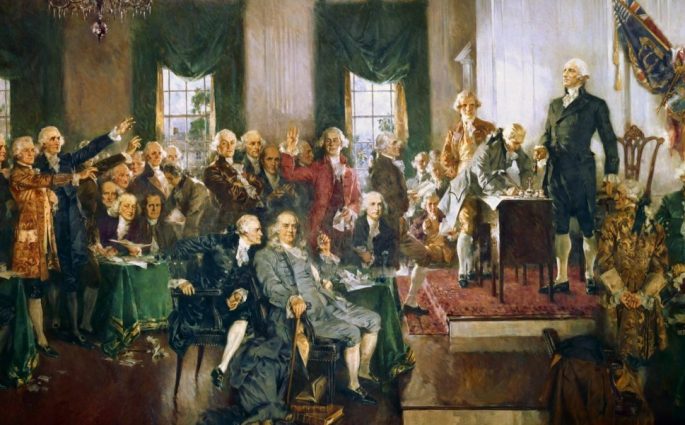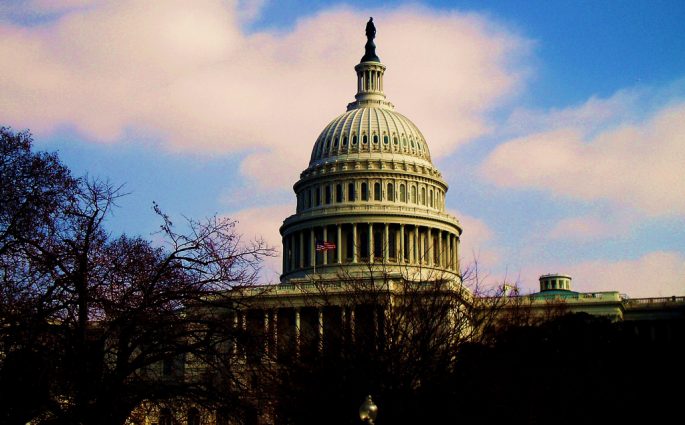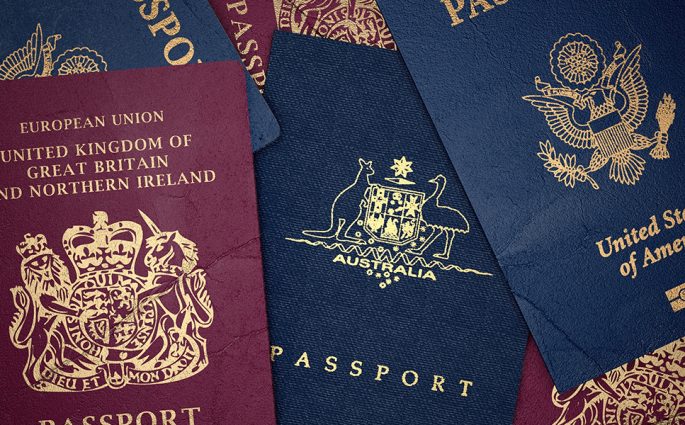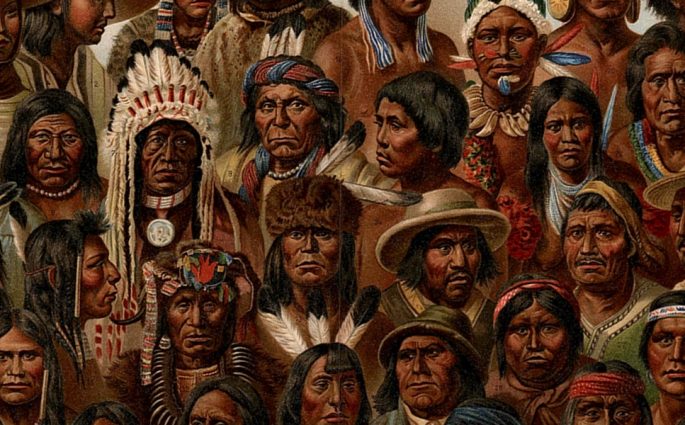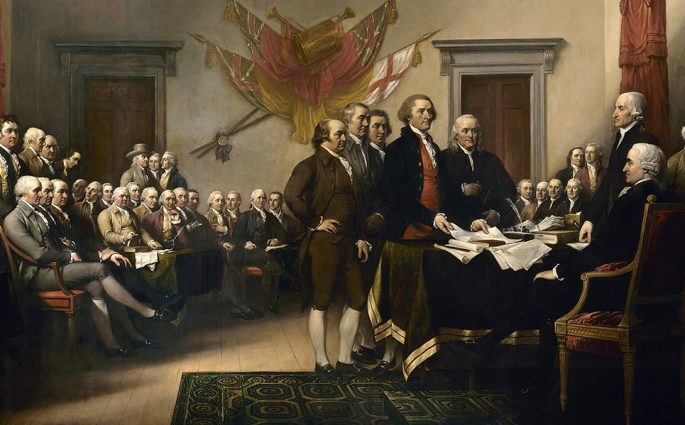The Slave Trade in the U.S. and Brazil: Comparisons and Connections
Leonardo Marques— When faced with the numbers of the transatlantic slave trade, U.S. citizens are frequently surprised by the fact that less than 400,000 enslaved Africans were carried to North America out of the more than ten million people that were disembarked by slave ships in the Americas between the


